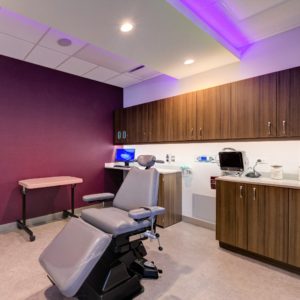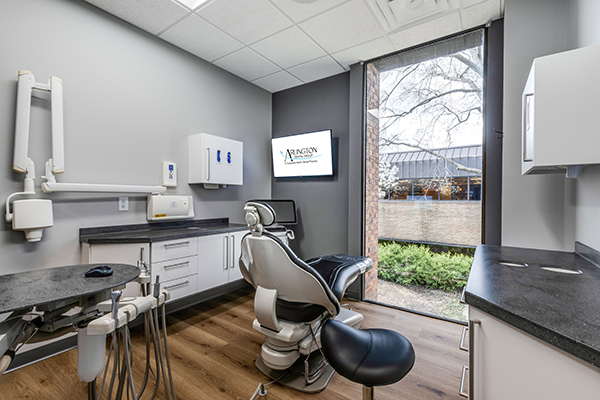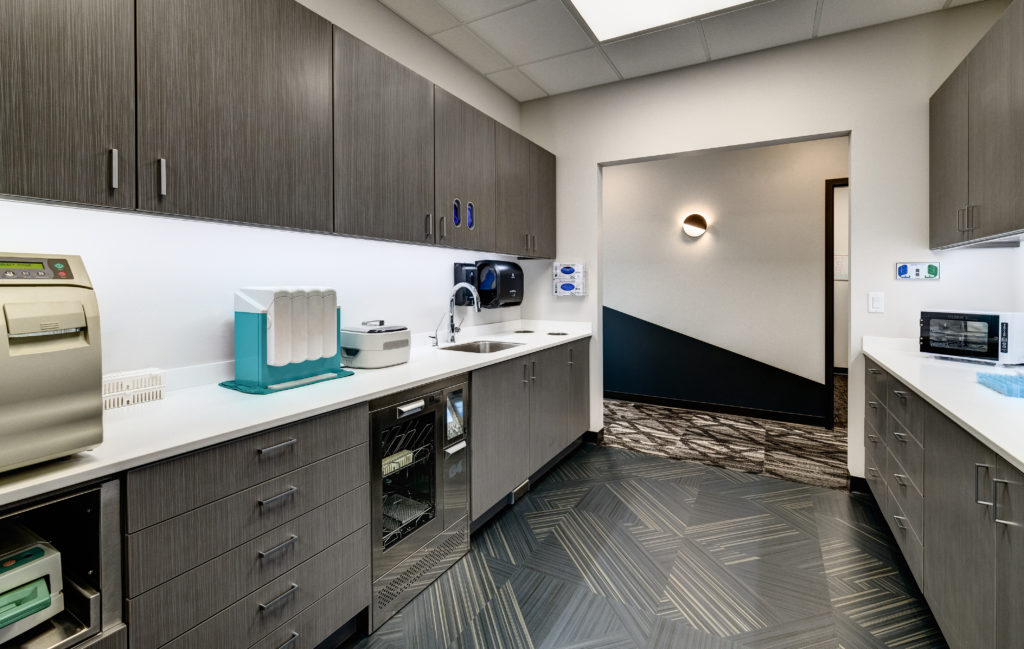COVID-19 and My Healthcare Real Estate Lease
A doctor’s lease is typically the 2nd highest expense in any practice, but fortunately it’s highly negotiable. COVID-19 is providing for much uneasiness in the market, and it’s crucial for doctors to seek guidance from experts who have a fiduciary responsibility to protect their interests.
We have the privilege of representing thousands of healthcare providers each year with their commercial real estate decisions. One of the ways we are currently helping the healthcare community is by answering questions about what healthcare providers can currently do to get beyond this difficult time in regards to their lease.
 We are also providing FREE EVALUATIONS so that healthcare providers can get accurate answers to the following questions:
We are also providing FREE EVALUATIONS so that healthcare providers can get accurate answers to the following questions:
- How do my lease terms compare to the
current market? - When is the ideal time to start my next transaction?
- How will COVID-19 affect the commercial real
estate market? - Is now the best time to renegotiate my lease?
- How can I capitalize on my next transaction?
- Startup
- Relocation or Additional Location
- Building purchase
- Practice acquisition
The uncertainty in the market might provide some much-needed leverage in your impending lease renewal or next transaction. Conversely, a misstep could have unforeseen consequences now and in the future. It’s imperative that you seek expert advice before contacting your landlord.
Reasons To Review Your Lease
My lease expires in the next 18 months. Your expiring lease offers an opportunity to potentially renegotiate significantly more favorable terms that provide immediate relief now and in the future. What you do today will greatly affect your ability to negotiate future terms. Do not make the mistake of giving away your leverage by asking your landlord for rent relief. A specific posture must be used in order to achieve optimal results.
I have more than 18 months on my lease and cannot pay my current rent. Not paying your rent may trigger negative clauses in your lease that can be a burden in the future. It’s important to document any rent relief agreements with clear acknowledgment of the terms. Your financial advisor might recommend a refinance of current debt or relief utilizing available programs.
Why is my landlord asking for my updated financials? There are several reasons your landlord might be asking for financials and it’s important to understand why. For example, a tenant’s financials are sometimes required for the landlord’s bank loans. The financial strength of the tenant could sway underwriting and we can use this in your favor. On the other hand, landlords are trying to maximize their return on investement and could be trying to increase your rent.
My landlord wants to change the terms of my lease. Be careful that you do not give up the negotiated terms of your lease. This might greatly affect your ability to maintain your space or sell your practice in the future.
Should I Pay Someone To Negotiate My Lease?
Tenants should always be afforded representation and should never pay a so-called ‘negotiator’ to do what an expert, local real estate specialist will do for you. Additionally, any party representing you in a transaction should be able to clearly define how they can use posture or leverage to positively effect change. Simply asking the landlord for better terms is not a negotiation strategy that produces results at the highest level. Posture and leverage are key. It’s advisable to always seek legal advice from an attorney but be cautious of anyone charging a fee up front to make changes to a lease, or when an attorney tries to act as a real estate agent without the needed local market experience.
Right now, every state and every market is being affected differently by the situation and each healthcare provider’s specific lease impacts the answers to these questions.
CARR only represents healthcare tenants and buyers. We would be honored to speak with you and answer any questions you may have and offer our insight into how you can best position your practice to get through this situation, as well as prepare to thrive once we get past this.




 Now let’s dig in further. If you own a practice, you most likely have an office. That office carries with it many expenses: the most obvious is the monthly rent or mortgage. With an office space also comes staff and payroll as well. These two items are not only needed to have a practice, but are also the two highest expenses for most practices. That being the case, only one of them is really negotiable. You may decide to cut staff, but when it comes to payroll, you either pay people what they are valued at, or they go somewhere that will pay them.
Now let’s dig in further. If you own a practice, you most likely have an office. That office carries with it many expenses: the most obvious is the monthly rent or mortgage. With an office space also comes staff and payroll as well. These two items are not only needed to have a practice, but are also the two highest expenses for most practices. That being the case, only one of them is really negotiable. You may decide to cut staff, but when it comes to payroll, you either pay people what they are valued at, or they go somewhere that will pay them. Let’s focus on a few of these concepts. If you start the transaction at the wrong time, you lose leverage and posture. If you don’t know the market, you are simply begging or bluffing. If you can’t handle conflict, you will most likely receive even more pressure and stress from the landlord or seller to make you uncomfortable and force you into making a decision that you will regret.
Let’s focus on a few of these concepts. If you start the transaction at the wrong time, you lose leverage and posture. If you don’t know the market, you are simply begging or bluffing. If you can’t handle conflict, you will most likely receive even more pressure and stress from the landlord or seller to make you uncomfortable and force you into making a decision that you will regret. If you are looking to maximize profitability, start by understanding how much is on the line with your lease or mortgage. Then, make the choice to hire representation. Select a commercial real estate broker that understands healthcare, only works for you as the tenant or buyer, can help you find the most options, has the strongest game plan, and who can take and absorb the conflict and confrontation that is inherent in every negotiation that involves a lot of money. In doing so you are positioning yourself to win.
If you are looking to maximize profitability, start by understanding how much is on the line with your lease or mortgage. Then, make the choice to hire representation. Select a commercial real estate broker that understands healthcare, only works for you as the tenant or buyer, can help you find the most options, has the strongest game plan, and who can take and absorb the conflict and confrontation that is inherent in every negotiation that involves a lot of money. In doing so you are positioning yourself to win.

